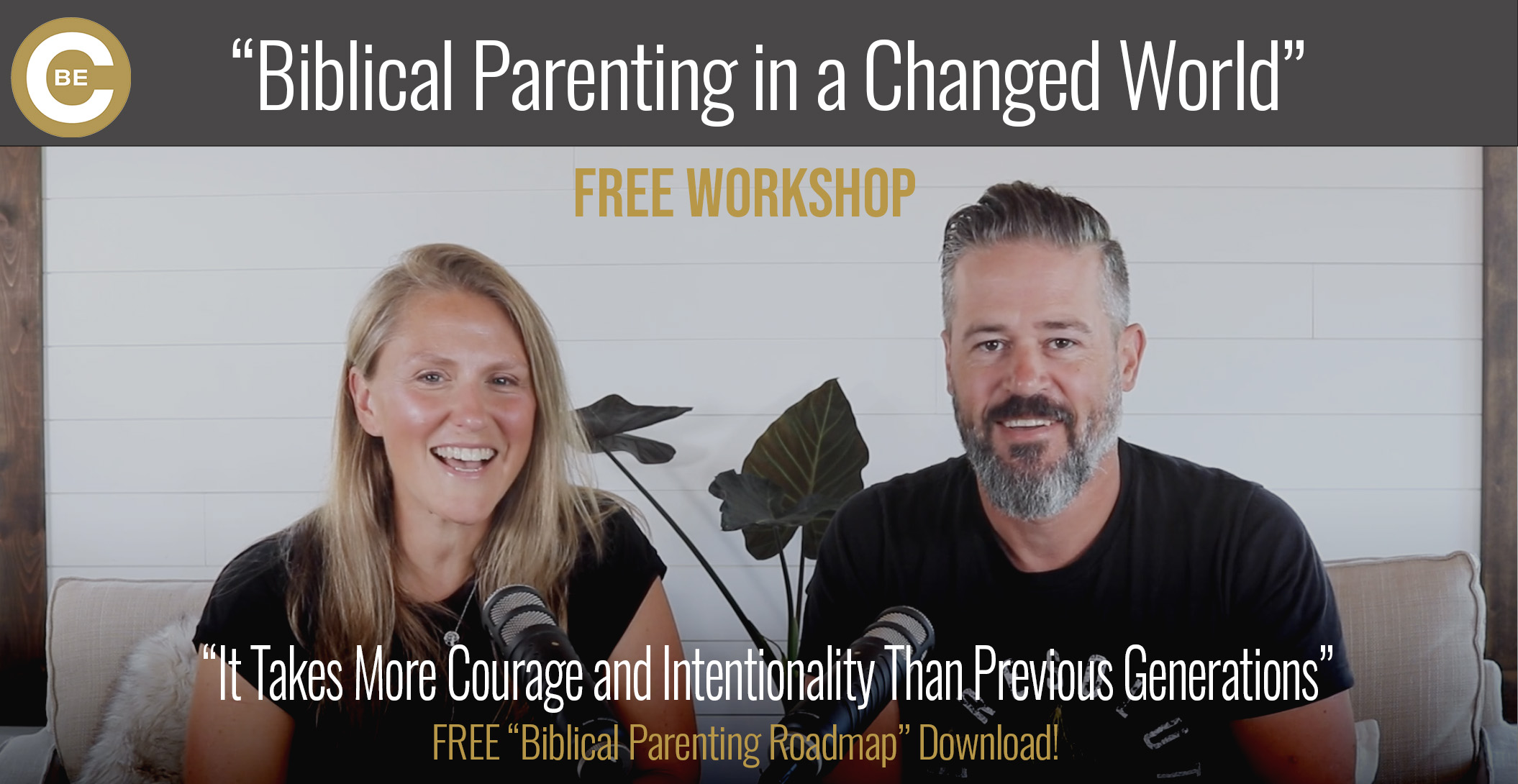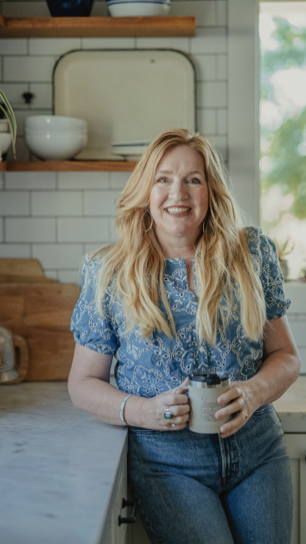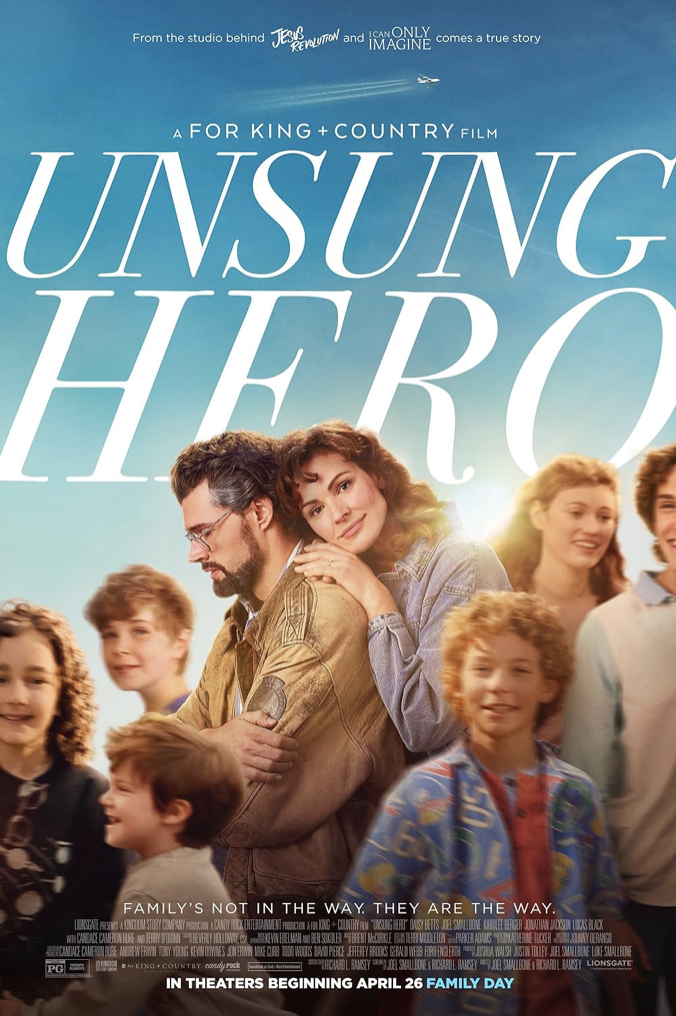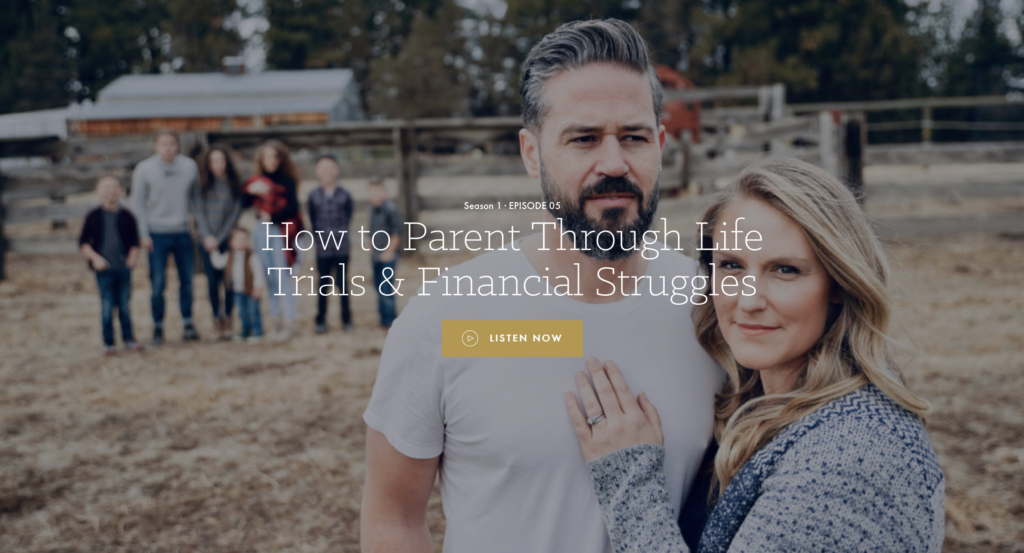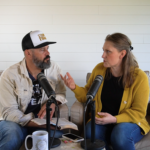Isaac and Angie Tolpin give bold perspectives on the importance of proactive communication with your children on the biblical viewpoints on pride month standing firm in the faith while also loving others well. The importance of voting with your dollars and sharing with your children why you are doing so. Get practical insights and scriptures you can share with your children. All show notes, scripture references, and resources mentioned are found at courageousparenting.com.
Register today! Includes 13-page roadmap download
Scriptures From This Episode:
- Proverbs 8:13 “The fear of the Lord is hatred of evil. Pride and arrogance and the way of evil and perverted speech I hate.”
- Proverbs 11:2 “When pride comes, then comes disgrace, but with the humble is wisdom.”
- Psalms 10:4 “In the pride of his face the wicked does not seek him; all his thoughts are, “There is no God.”
- James 4:6 “But he gives more grace. Therefore it says, “God opposes the proud but gives grace to the humble.”
- 1 John 2:16 “For all that is in the world—the desires of the flesh and the desires of the eyes and pride of life[a]—is not from the Father but is from the world.”
- Mark 7:20-23 “And he said, “What comes out of a person is what defiles him. For from within, out of the heart of man, come evil thoughts, sexual immorality, theft, murder, adultery, coveting, wickedness, deceit, sensuality, envy, slander, pride, foolishness. All these evil things come from within, and they defile a person.”
- Romans 3:23 “for all have sinned and fall short of the glory of God,”
- Romans 5:8 “but God shows his love for us in that while we were still sinners, Christ died for us.”
BE COURAGEOUS app
Freedom of Speech app for Christians
- Private Group for Christian Moms with weekly lives with Angie Tolpin
- Weekly podcast Q&A with episode behind the scenes content. Just type in your question!
- Exclusive biblical resources such as the Courageous Marriage and Redeeming Childbirth series.
- Exclusive access to the courageous kid’s podcast. Play it for your kids to stir up good discussions.
- Monthly LIVE Q&A with the Tolpins; ask the anything.
- Powerful Biblically minded community.
- Topic-based discussion groups.
- You get your own profile and can connect with others.
- Growing libraries of LIVE replays
All Ministry Resources: becourageousministry.org
Our Courses
- Parenting Mentor Program, self-paced online program that equips you to biblically parent during unprecedented times.
- The Homeschooling Blueprint, the online program to boost your effectiveness & help your kids thrive.
- Postpartum Course, The First-Ever Christian Postpartum Course.
- Cultivating Biblical Friendships The course that helps women build lasting Godly friendships.
Financial Gift
- Financial Giving, is important to support our family and expand the impact of the ministry. We aim to impact 10 million legacies. We are in full-time ministry as a large family, so everything makes a difference.
Thank you for being part of this movement to equip 10 million families and their legacies with Biblical truth to raise confident Christian kids in an uncertain world.


